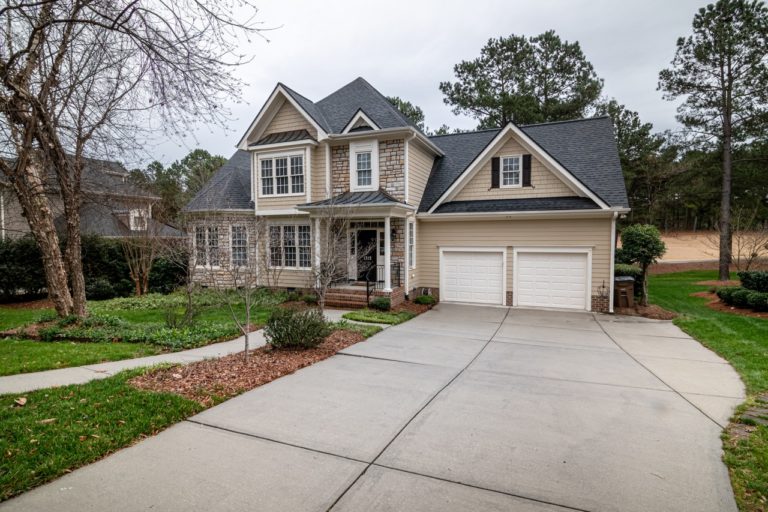For many homebuyers, especially the first-timers, finding that perfect house to settle and invest in is difficult enough as it is. But to have your home offer rejected once or multiple times? This may be enough to reconsider becoming a homeowner altogether.
But rejection does not necessarily have to mean that you should give up and go back to renting. On the other hand, if you manage to fix your offer, you may be able to change the seller’s mind, or at the very least, walk away with valuable lessons you can use in the future.
Here are the most common reasons sellers reject home offers. Learn from them and do better the next time you extend a home offer.
The Home Offer Was Just Too Low
This means that your offer didn’t meet the expectations of the seller. It could be that the offer was low when compared to the other home offers or that it was just insultingly low. Homebuyers often think that offering a lower price than what they want to pay is the ideal negotiation tactic.
While this could work, it could also backfire on you. This is especially true when the seller has multiple offers, so your offer will seem ridiculous compared and even indicate potential negotiating headaches if the seller chose to go with you.
You have to remember that, like you, sellers also want the best deal, so work with an experienced real estate agent and mortgage lender to ensure that they come up with a fair deal for everyone involved.
The Contingencies Are Just Far Too Many

Aside from the best possible price for their house, sellers are also looking to land the easiest possible deal. But this doesn’t mean that you should do away with the due diligence process altogether. Instead of waiving it, try to make it shorter. It’s also fine to require multiple contingencies.
Also, you can consider finding a house that’s been sitting on the market for 30 days or more. Why? Sellers tend to be more willing to accommodate multiple contingencies on a house that they have been attempting to sell for a couple of weeks. Make your offer more appealing and easier for sellers by tacking on the fewest possible contingencies and completing your due diligence as fast you can.
The Good Faith Deposit Was Just Too Cheap
Also called the EMD or earnest money deposit, this basically implies how serious you are about buying the house and pushing through all the way to the closing date. While it may be hard to believe, some homebuyers suddenly change their minds and walk away from the deal days before the closing day.
In this light, your good faith deposit must be enough to indicate to the seller that you are set on closing the deal and don’t like the idea of the deal not pushing through. In general, you should aim to put down 1% or more of your home offer so that the seller knows you mean business.
Because most contracts require that sellers keep the good faith deposit when buyers don’t close on the deal, you must be 100% sure about the home you’re investing in.
Overall, it is also important to keep in mind that it’s rare for sellers to outright reject a home offer without even suggesting a counteroffer that indicates precisely what they’re looking for. So if you don’t receive a counteroffer, something probably went wrong. In this case, the best you can do is to reevaluate your home offer to avoid getting rejected again when you make your next home offer.



